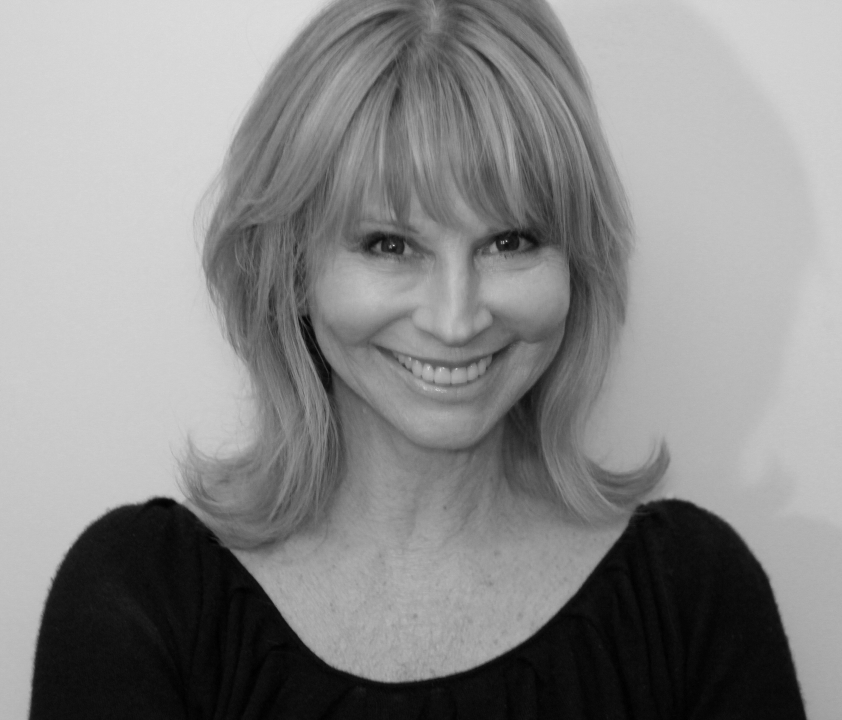
With a career spanning more than 50 years, Carrie White styled everyone from Elvis Presley and Ann-Margret to Sandra Bullock and Brad Pitt. As the “First Lady of Hairdressing,” she collaborated with Richard Avedon on shoots for Vogue, partied with Jim Morrison, styled Sharon Tate’s hair before her wedding to Roman Polanski, and got high with Jimi Hendrix. She counted Jennifer Jones, Betsy Bloomingdale, Elizabeth Taylor, Goldie Hawn, and Camille Cosby among her favorite clients, and her work appeared in every leading magazine. A mother of five, Carrie owned and operated Carrie White Hair in Beverly Hills.
In her autobiography, Upper Cut, Carrie wrote: “I was living a hairdresser’s dream. I was making my mark in this all-male field. My appointment book was filled with more and more celebrities. And I was becoming competition for my heroes…” But behind the glamorous facade, Carrie’s world was in perpetual disarray and always had been.
After her father abandoned the family when she was still a child, Carrie was sexually abused by her domineering stepfather, and her alcoholic mother was unstable and unreliable. Carrie was sipping cocktails before her tenth birthday and had had five children and three husbands before her twenty-eighth. She fueled the frenetic pace of her professional life with a steady diet of champagne and vodka, diet pills, cocaine, and heroin, until she eventually lost her home, her car, her career – and nearly her children. But she battled her way back, getting sober, rebuilding her relationships and her reputation as a hairdresser, until the name Carrie White was once again on the door of one of Beverly Hills’ most respected salons. An unflinching portrayal of addiction and recovery, Upper Cut proved that even in Hollywood, sometimes you had to fight for a happy ending.
Interviewed by Winn Claybaugh, Carrie shared her brilliant career stories, her inspiring journey to recovery, and her successful quest to rebuild her relationships and her career. Sadly, Carrie died from cancer in 2022, but her legacy as the “First Lady of Hairdressing” lives on. Upon her death, Friendly House, a nonprofit sober living and residential treatment for women, honored Carrie, calling her “a force for sobriety and sisterhood!”
